Vegan Publishers
Danvers, Massachusetts
www.veganpublishers.com
2018 by Will Tuttle, Ph.D.
All rights reserved. No portion of this book may be used or reproduced in any manner whatsoever, without written permission, except in critical articles and reviews. For more information, please contact the publisher directly.
Cover art by Madeleine Tuttle
Illustrations by Madeleine Tuttle
Design & typesetting by Nicola May Design
ISBN: 978-1-940184-53-1
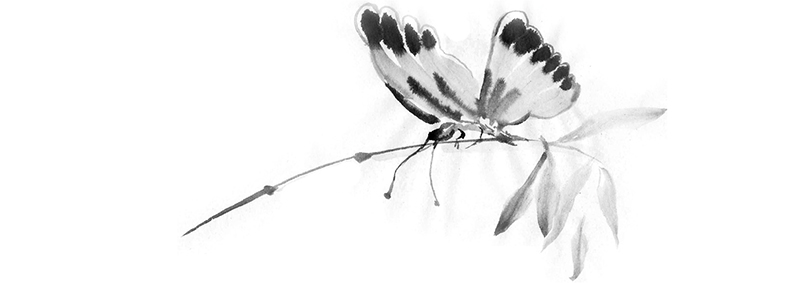

Table of Contents
Joel & Michelle Levey
Will Tuttle
Essays:
David Blatte
Tony Page
Jun Gong
Will Tuttle
Marion Achoulias
Heng Sure
Tracey Glover
Joanne Cacciatore
Sherry Morgado
Ven. Xianqing
Vicki Seglin
Paul Tarchichi
Andrew Bear
Bob Isaacson
Ariel Nessel
William DiGiorgio
John Bussineau
Alan Dale
Tashi Nyima
Will Tuttle
Madeleine Tuttle
Master Ma Chuo

FOREWORD
Honoring the One Body of Life
Joel & Michelle Levey

Can you imagine what it would be like to live in a world based on the principle of non-harming?
Its our pleasure and honor to offer this foreword to Buddhism and Veganism , joining the assembled authors of this brilliant, timely, and consciousness-raising book that invites readers to take a big step forward towards bringing this transformative vision of possibility to life in our world.
Albert Einstein reminds us, A problem cannot be solved at the same level of thinking that created it We shall require a substantially new manner of thinking if humankind is to survive. With every bite of food we eat, with every purchase of products we make, our wisdom eyes and hearts may be open or closed. In myriad moments each day, the impact of our intentions and choices ripple across the universe linking our lives with the lives of all beings. The Buddhist precepts, or Mindfulness Precepts as Zen Master Thich Nhat Hahn calls them, provide a profound and essential set of guidelines that support the flow of mindfulness into ways of living that are ever wiser and kinder.
While many Buddhist teachers admit that it is impossible to practice the precepts perfectly, these guidelines function as a kind of spiritual North Star guiding our actions and intentions in the most liberating and beneficial direction for ourselves and others. As we practice them, our insight into our interdependence with all living beings naturally deepens and our compassionate concern expands. We become ever more care-full, or kindful, in finding a path through life that avoids directly or indirectly harming other living beings. While this can be a challenging, and even disturbing, aspiration to live with, when approached from a Dharma point of view, it can be a profoundly meaningful, effective, and liberating path toward awakening to our true nature and highest potential, and to helping others do the same.
In the Mahaparinirvana Sutra , expressing the Buddhas final teachings, the Awakened One spoke to Kasyapa, saying:
Blessed son, those who have the mindfulness of the sravakas [Buddhist disciples] are not allowed to eat meat from now on. Even if one is offered meat with genuine faith, one should see it as the flesh of ones own son.
Bodhisattva Kasyapa asked Buddha, Lord, why do you not allow the eating of meat?
Buddha replied, Blessed son, eating meat hinders the development of compassion; therefore, all who follow the way of the Buddha should not eat meat from now on. Kasyapa, wherever a meat eater lies, sits, or walks other sentient beings become fearful upon smelling him. Blessed son, just as when a man eats garlic others will keep away because of his bad smell, likewise, when animals smell the meat eater, they fear death...
Kasyapa asked Buddha, Lord, as monks, nuns and novice monks are dependent on other people for their food, what should they do when they are offered food with meat?
Buddha replied to Kasyapa, Separate the food and meat, wash the food, and then eat. You may use your begging bowl if it does not have the smell or taste of meat; otherwise you should wash the bowl. If the food has too much meat, one should not accept it. Do not eat food if you see that there is meat in it; if you do you will accumulate demerit. There will be no end if I speak thoroughly about the reasons I do not allow meat eating. I have given a brief reply because the time has come for my parinirvana .
The universally respected 19th-century Tibetan master Patrul Rinpoche echoed this teaching for those following in the Buddhas footsteps, As Buddhists we have taken the triple refuge [the Buddha, the Dharma and the Sangha]. To take refuge in the Dharma, one must practice non-violence to sentient beings. Thus, if we continue to eat meatwhich has come from the slaughtering of innocent animalsthen is this not a contradiction of our Buddhist commitments?
At the conclusion of his essay titled On Meat Eating, the renowned contemporary lama Chatral Rinpoche wrote,
Knowing all of the faults of meat and alcohol, I have made a commitment to give them up in front of the great Bodhi tree in Bodhgaya with the Buddhas and Bodhisattvas of the ten directions as my witnesses. I have also declared this moral to all my monasteries. Therefore, anyone who listens to me is requested not to transgress this crucial aspect of Buddhist ethical conduct
Those who argue that Buddhas condemnation of meat applies only to the seven classes of Theravadayana vows and is not related to the Mahayana and Vajrayana are clearly indicating their lack of proper knowledge. They have not seen the following Mahayana sutra passage: Meat-eating is a diet that convolutes the three realms [of Samsara]. It is a sword that severs the potential for liberation. It is a fire that burns the seed of Buddhahood. It is a shaft of lightning that ends rebirth in the higher realms or a precious human rebirth.
Many more renowned adepts have condemned meat as a poisonous food. Machig Labdron, a legendary female Buddhist practitioner, said, For me, eating meat is out of the question. I feel great compassion when I see helpless animals looking up with fearful eyes.
We often say to our students that a good deal of courage is required if we are to take the wisdom teachings of the Buddhist tradition to heart, wake up to our lives and the world with mindfulness, and wholeheartedly practice the Dharma. When we open our wisdom eyes and behold the harsh, unwise, and misinformed happenings in the world, it can be devastating. It can be overwhelming to sit in the fires of bewilderment, rage, and the delusion of our separate self, or to conceive of the prevalence and magnitude of preventable suffering endured by human and non-human beings caused by humanitys ignorance, greed, and aggression. It requires courage and compassion to expand our circle of empathic awareness to resonate with the sufferings of countless animals who quiver in fear and pain. Upon contemplating the profound interdependence of all beings, we may come to the realization articulated by Shantideva when he exclaimed, How wonderful it would be when all beings experience each other as limbs on the one body of life!



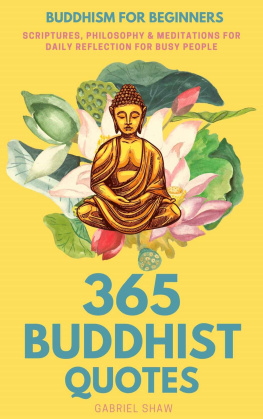
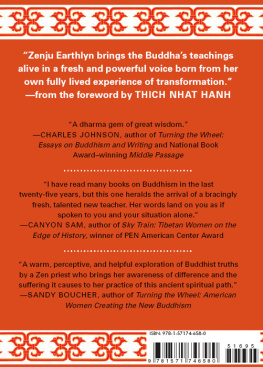
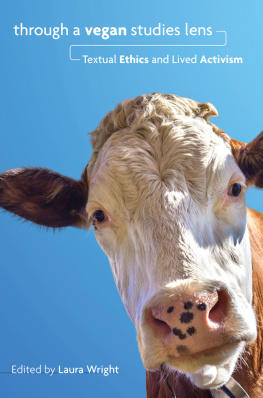
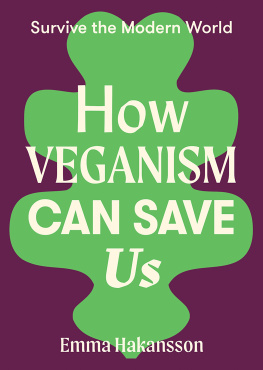
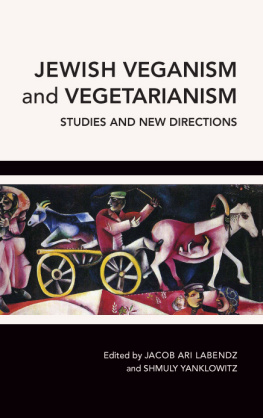

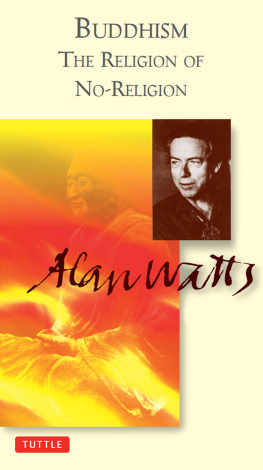
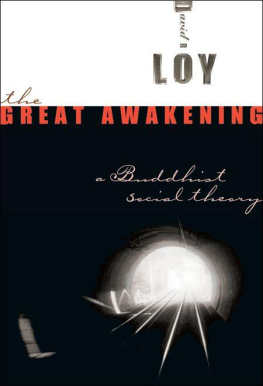
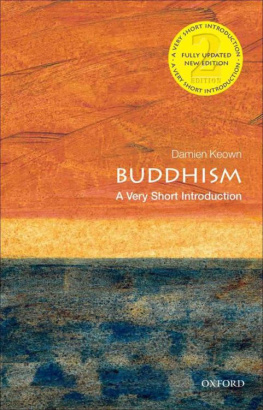
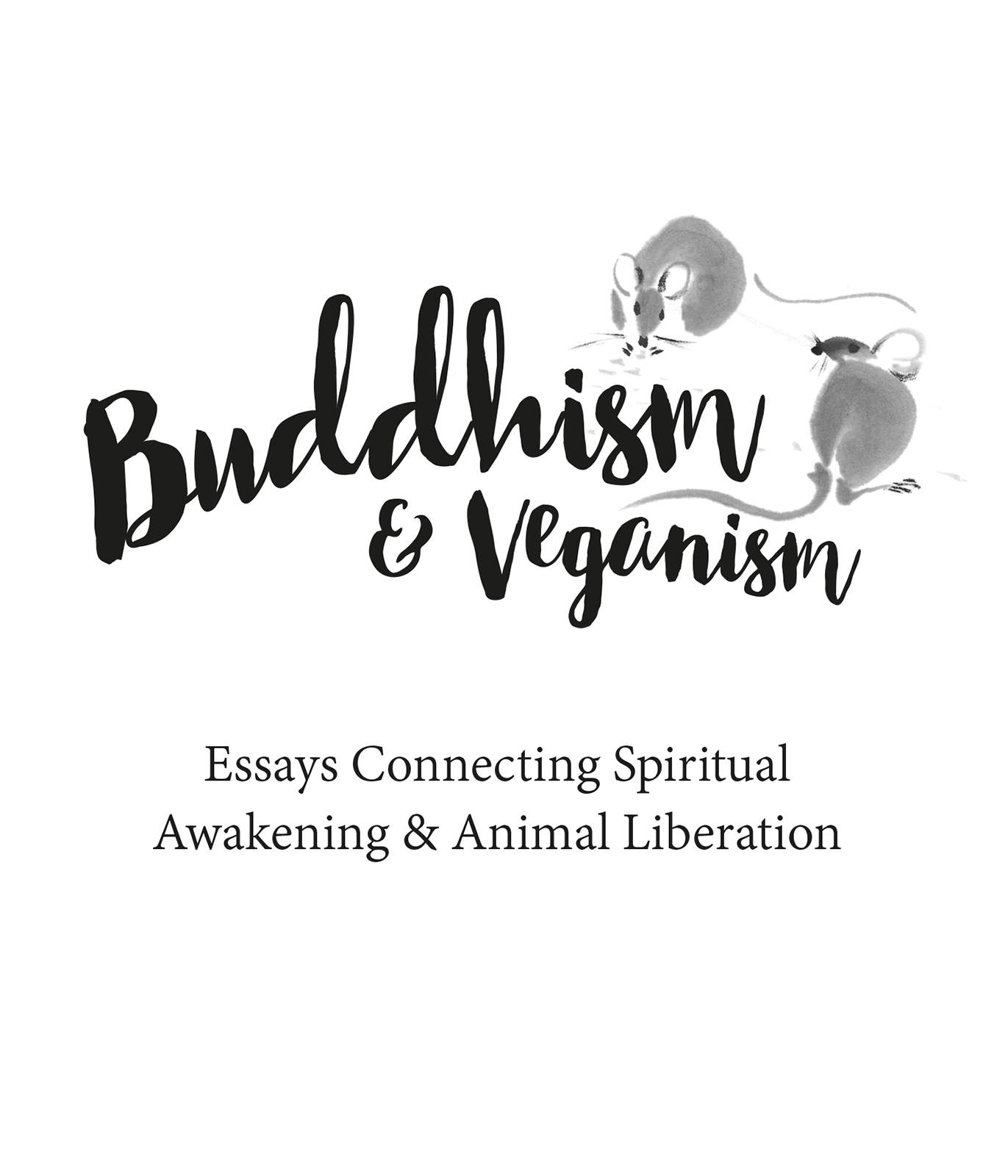
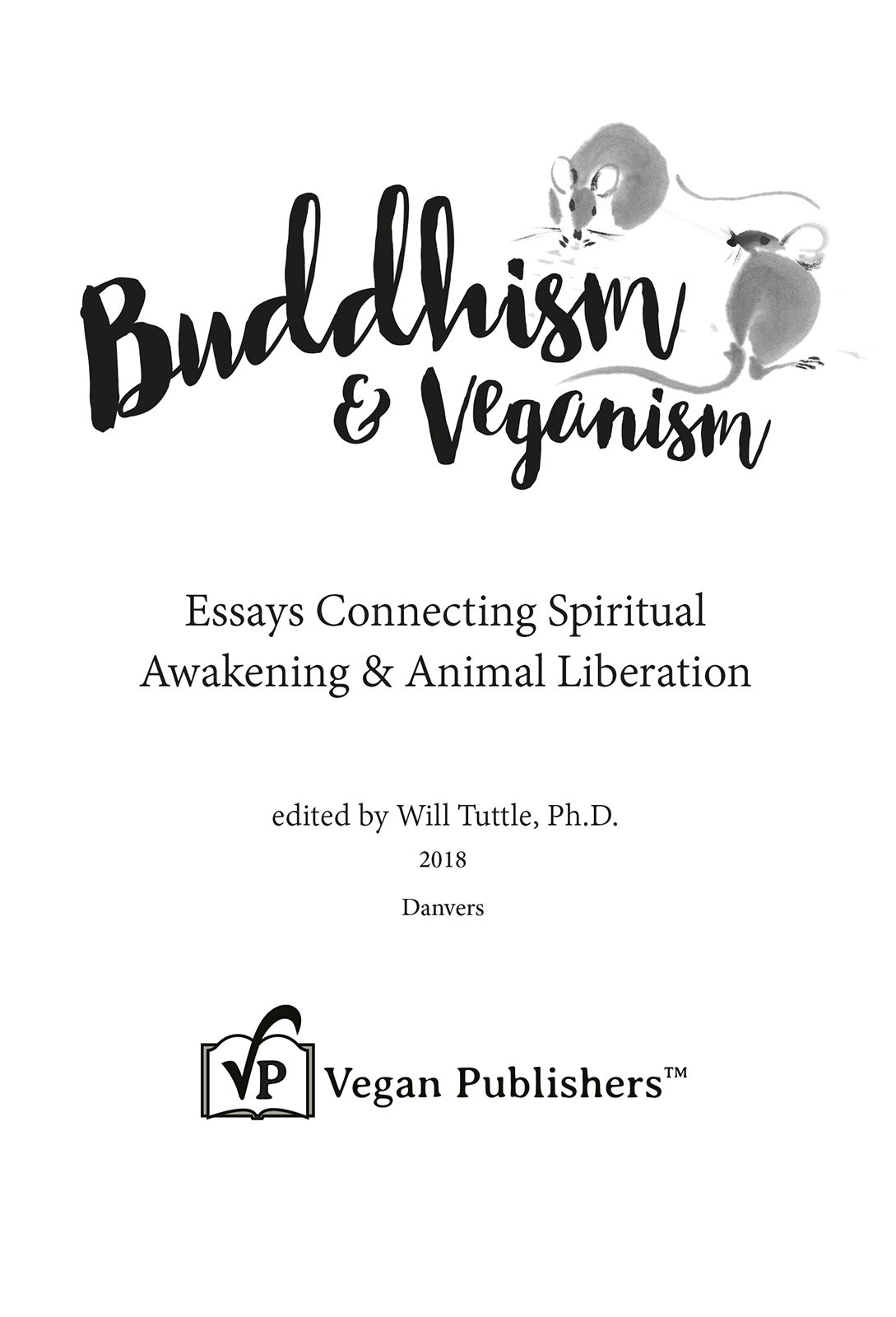

 Table of Contents
Table of Contents
